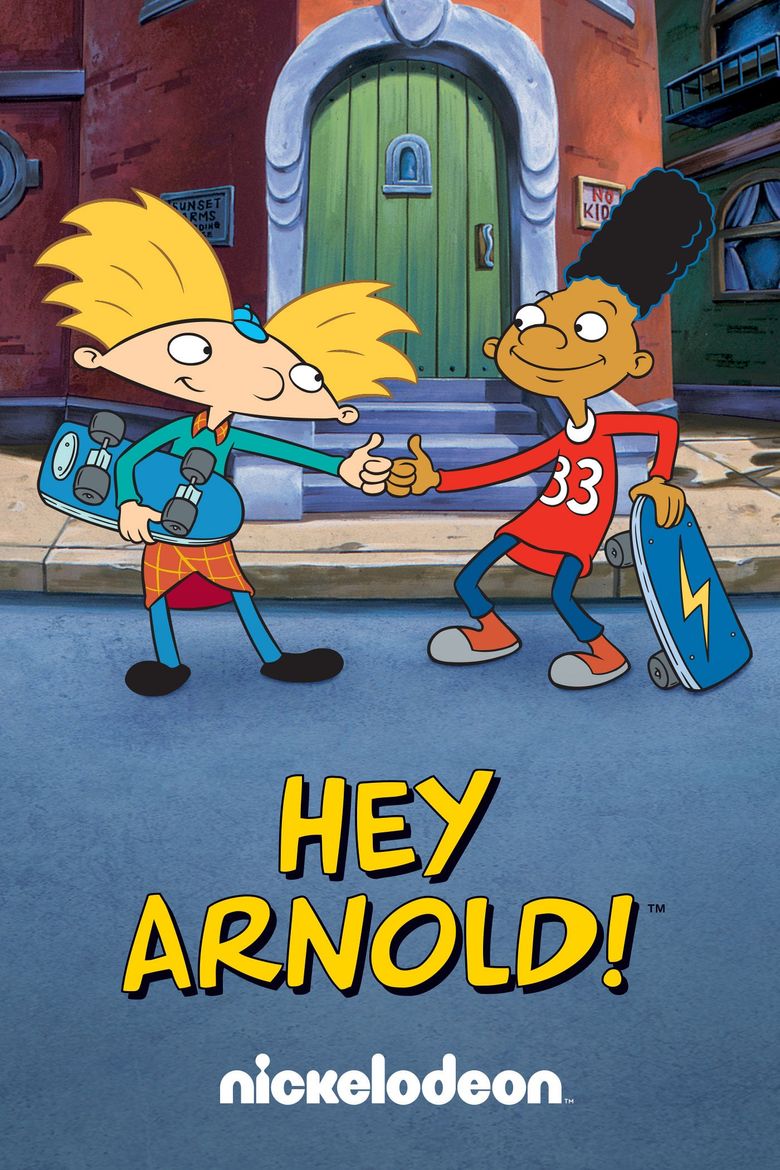“Rediscovering the Magic of Pee-wee’s Playhouse: A Journey Through Whimsy and Imagination”
Pee-wee's Playhouse: A Nostalgic Look Back
Welcome to the Wacky World of Pee-wee
First airing on CBS in 1986, Pee-wee's Playhouse was unlike anything audiences had seen before. Created by and starring Paul Reubens as the lovable and eccentric Pee-wee Herman, the show invited viewers into a magical, surreal world filled with laughter, creativity, and pure whimsy. While technically categorized as a children’s show, it captivated audiences of all ages with its offbeat humor, quirky characters, and colorful, over-the-top visuals.
The Magic of the Playhouse
The Playhouse was more than just a set—it was a living, breathing world where everything had a personality. From Chairry, the friendly talking chair, to Clockey, the cheerful clock, the Playhouse brimmed with charm and character. Every detail, no matter how small, felt designed to spark the imagination. The puppetry, animation, and art direction were a perfect mix of campy fun and surrealism, creating an environment that felt alive and full of surprises.
One of the most iconic elements of the show was the "Secret Word of the Day." Each episode, a word was revealed, and whenever anyone said it, the entire Playhouse erupted into joyful chaos. This playful gimmick was more than a catchphrase; it made the audience feel like active participants, waiting eagerly for the next shout of "Aaahhh!"
A Cast of Unforgettable Characters
The heart of Pee-wee's Playhouse was its diverse cast of characters, both human and non-human. Alongside Pee-wee were familiar faces like Cowboy Curtis, played by a young Laurence Fishburne, and Miss Yvonne, the self-proclaimed "most beautiful woman in Puppetland." There was also Jambi, the mystical genie who lived inside a jewel-encrusted box and granted wishes with his famous catchphrase, "Mecca lecca hi, mecca hiney ho!"
The characters weren’t just entertaining—they were groundbreaking. The show embraced diversity and inclusion in ways that were ahead of its time, featuring a multicultural cast and promoting values of kindness, creativity, and individuality. Each character brought something unique to the table, making every episode feel fresh and exciting.
Breaking New Ground
At its core, Pee-wee's Playhouse was a celebration of imagination and creativity. The show combined elements of classic television, vaudeville, puppetry, animation, and fine art. Its visual style was heavily inspired by pop art and 1950s kitsch, giving it a timeless aesthetic that still feels unique today. The use of stop-motion animation, claymation, and colorful sets gave the show a dreamlike quality, as if anything could happen at any moment—and often did.
The show also pushed boundaries for what children’s programming could be. It tackled themes like friendship, problem-solving, and empathy in ways that felt organic and fun, never preachy. Its humor often had a double edge, entertaining both kids and the adults watching with them. Many parents were just as eager to watch the show as their children, making it a rare gem in family entertainment.
The Enduring Legacy
Pee-wee's Playhouse aired for five seasons, ending in 1990, but its impact has lasted far longer. Paul Reubens’ portrayal of Pee-wee Herman became a pop culture icon, inspiring countless parodies, tributes, and even a feature-length film, Pee-wee's Big Adventure, directed by Tim Burton. The show's influence can still be seen in modern children's programming, which often draws on its blend of humor, surrealism, and inclusivity.
In 2014, the show was digitally remastered and re-released, introducing a new generation to its magic. The vivid colors and imaginative sets remain as enchanting as ever, proving that great art—and great fun—is timeless.
Why Pee-wee's Playhouse Still Matters
In today’s fast-paced, often overly serious world, Pee-wee's Playhouse serves as a reminder to embrace joy, curiosity, and the unexpected. It encourages us to think outside the box, celebrate our quirks, and find delight in the simple pleasures of life. Whether you're a longtime fan revisiting the Playhouse or a newcomer discovering its wonders for the first time, the show offers a message that resonates across generations: it’s okay to be yourself, and it’s always a good time to play.
If you’ve never experienced the magic of Pee-wee's Playhouse, there’s no better time to dive in. As Pee-wee himself might say, "Come on in, and pull yourself up a chair!"

